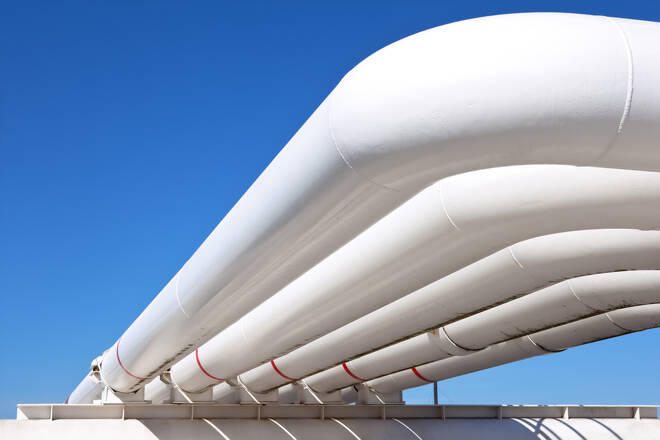Advertisement
Advertisement
Europe Seeing Renaissance in Coal Power Generation, but There Is Limited Room for Switch From Gas
By:
A steep rise in gas prices during the third quarter significantly improved the profitability of coal-fired power generation in Europe.
In August, NWE front-month clean dark spreads for 40pc-efficient units recorded on average a €8/MWh premium over clean spark spreads for 55pc gas plants, while in September the gap between the two indicators surpassed €35/MWh.
Given the acute vulnerabilities in the UK energy system, everyone’s attention has been especially drawn to that country in recent weeks. To avoid shortages in electricity supply, Britain was forced to fire up its remaining coal power plants.
Utilities on the other side of the English Channel did the same thing in late summer. For instance, September’s share of electricity coming from coal in Germany reached its highest level since the end of 2018, while the weight of coal generation in the electricity mixes of Italy, the Netherlands and France combined rose by more than 4 percentage points over the past month. In other market environment, a big portion of the coal-fired units, which are in use now, would obviously not be brought back to life.
As coal power plants are still operating far below capacity in Western Europe, there is potential for intensifying their usage. The question is what effect further fuel switching to coal may have on gas market in today’s conditions?
If capacity factors for coal plants in Germany, Italy, the Netherlands and France reached 100pc, an extra gas-to-coal switch would equal about 800 GWh/d. On paper, looks quite impressive. In reality, however, that sort of development is actually impossible due to technical limitations and restricted coal supply in the regional market.
Amid accelerated decarbonization, European gas consumption has become more inelastic than five or seven years ago, which leaves players less room for manoeuvre in a crisis situation, just like we see now. In pursuing a truly wonderful goal of carbon neutrality, the EU energy transition in some way resembles a sports coach who for the first time puts a young and unpractised, albeit very promising, player in the game.
At this stage, without the support of more experienced teammates the player can hardly prove himself when faced with a really strong opponent.
The opinions expressed in this blog are mine only and do not reflect the views of my employer.
For a look at all of today’s economic events, check out our economic calendar.
About the Author
Yakov Grabarcontributor
Yakov has been dealing with the analysis of global energy market, especially the developments in Europe, during last six years. Before joining Gazprom Export, the export arm of Gazprom, he managed the ‘World Oil Review’ weekly report in Moscow office of Argus Media. As the energy market analyst at Gazprom Export, Yakov coordinates the analytical work at the department responsible for developing shorter-term natural gas supplies to Europe via its Electronic Sales Platform.
Advertisement
